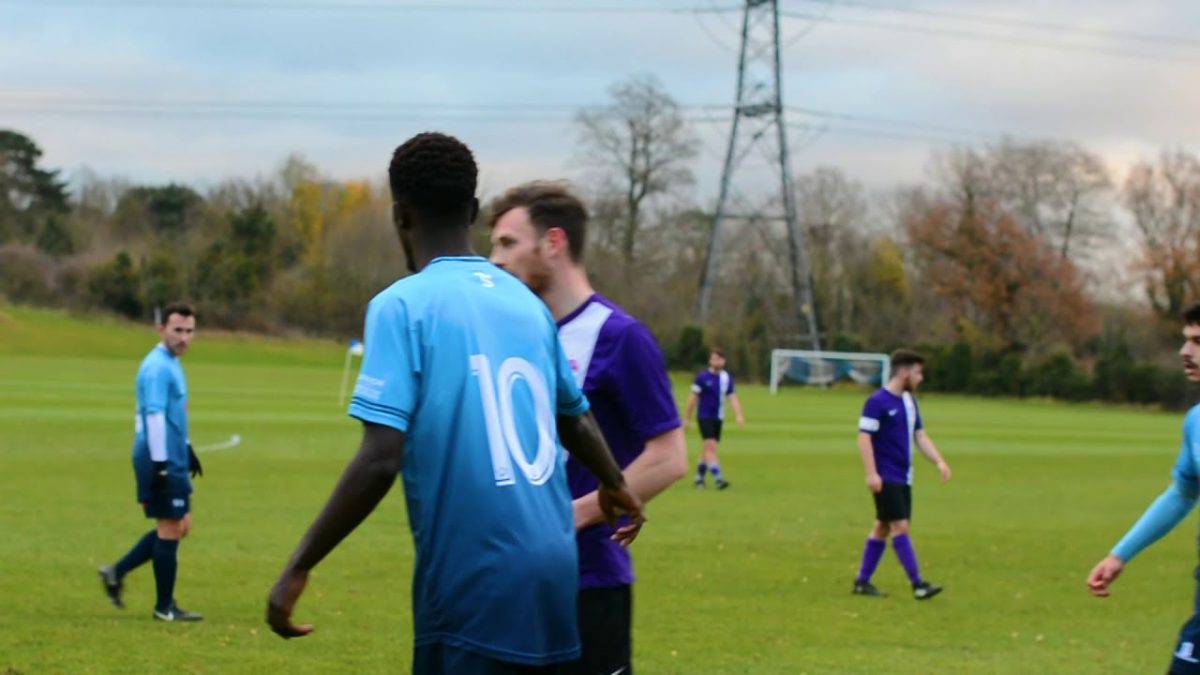Coronavirus regulations were introduced in the UK back in March last year, and those restrictions meant the instant cancellation of all British Universities and Colleges Sport (BUCS) competitions.

Ten months on and the scenario has changed very little, despite sport at university recommencing in September, no competitions or leagues have been able to restart.
Under the latest Covid-19 restrictions BUCS have cancelled the 2020-21 season without a single competition game being played.
Kingston Sports Union released a statement explaining the BUCS decision.
The collapse of university sport will affect over 150 institutions across the UK, who all have competitive and social teams across all sports.
What happens to the university sport now?
Depending on the arrangements for the ending of the national lockdown, students may have the opportunity to return to their sports clubs. The way they come back though may be different. Training sessions might be the only way sports clubs are allowed to return to the calendars of thousands of students in Kingston.
Damien Lopez, diversity and activities officer for the Kingston men’s football club, said: “It has been very hard to try and get people active and included in activities due to the fact they have been online.
“But even though BUCS is cancelled, just the ability to go out onto the pitch and at least train and see people will do many people a world of good. It’s just so important people get a chance this year to at least play a sport in whatever form.”

With teams potentially only being able to train this year, the outlook for many third-year students is bleak as their last remaining competitive season at university has been taken from them.
A third-year student at Kingston University, James Szlazay said that sport at Kingston will be very different in the upcoming years. He believes that sports teams across the UK, especially in university, will struggle to obtain sponsorships and the numbers of people signing up to join.
He added that even though he believed training was enjoyable it doesn’t compare to competing in the league against other universities.
The Higher Education Sport and Participation and Satisfaction Survey concluded that 39 per cent of university students participate in a sports club or society whilst studying at a higher education institute.
The figure from the report demonstrates that the collapse of sport will have impacted over a third of university students. Leaving them without a social structure as well as exercise, all in which aid people’s mental and physical health.
‘It’s just frustrating’
Julian Dela Cruz, a third-year student at Kingston had always been a keen boxer and was part of the boxing society throughout his first and second year at Kingston. However, he decided not to re-join the club this year because of the global pandemic and the way the club would run under the regulations.
Cruz said: “I didn’t have any excitement to return and carry-on training, I just knew I wasn’t going to enjoy the restricted training and seeing as boxing is a close contact sport, I just didn’t think it was going to work.
“I wish it could have been better this year I do, it’s no one’s fault at all it’s just frustrating, the Union has done a good job I think in helping sports clubs continue in some kind of way at least.”
The student union has given no indication so far about how sport will look at Kingston, however, due to the ever-changing circumstances no organisation or institute will be able to predict how sport will be played.
Sports clubs now face the difficult challenge in trying to prepare for next season, whilst still being unsure about how they can carry on providing sport to their members already signed up.
Teams may now have to ensure they have the facilities and resources to keep their players safe when training can resume. All clubs at Kingston must be able to provide the right Covid-19 safety precautions such as hand sanitiser and a track and trace system.
Further, teams across the university will have to try and integrate current students at their respected clubs to stand for election as part of the different team’s committees.
This task will be incredibly hard to do as many clubs have had no season at all, attempting to try and get students to run for election will be difficult as they will not of had any experience with the club or know the running of it.

Patryk Mikluch, first-team captain for the men’s football team said: “I worry that the first years and even second years will struggle next year. They won’t have an idea of how to run the club of like how to organise certain things.
“The only reason I know is from watching other seniors and being a part of the club. I think the even bigger worry is going to be getting people for next year to join up.”
The potential of low recruitment numbers for clubs, the risk of a voided season once again and the failing of this year’s, has created a host of problems for all sports clubs at the university.
The only saving grace is the hope of teams being able to at least train once again, increasing social interactions, mental wellbeing and the health of students.

